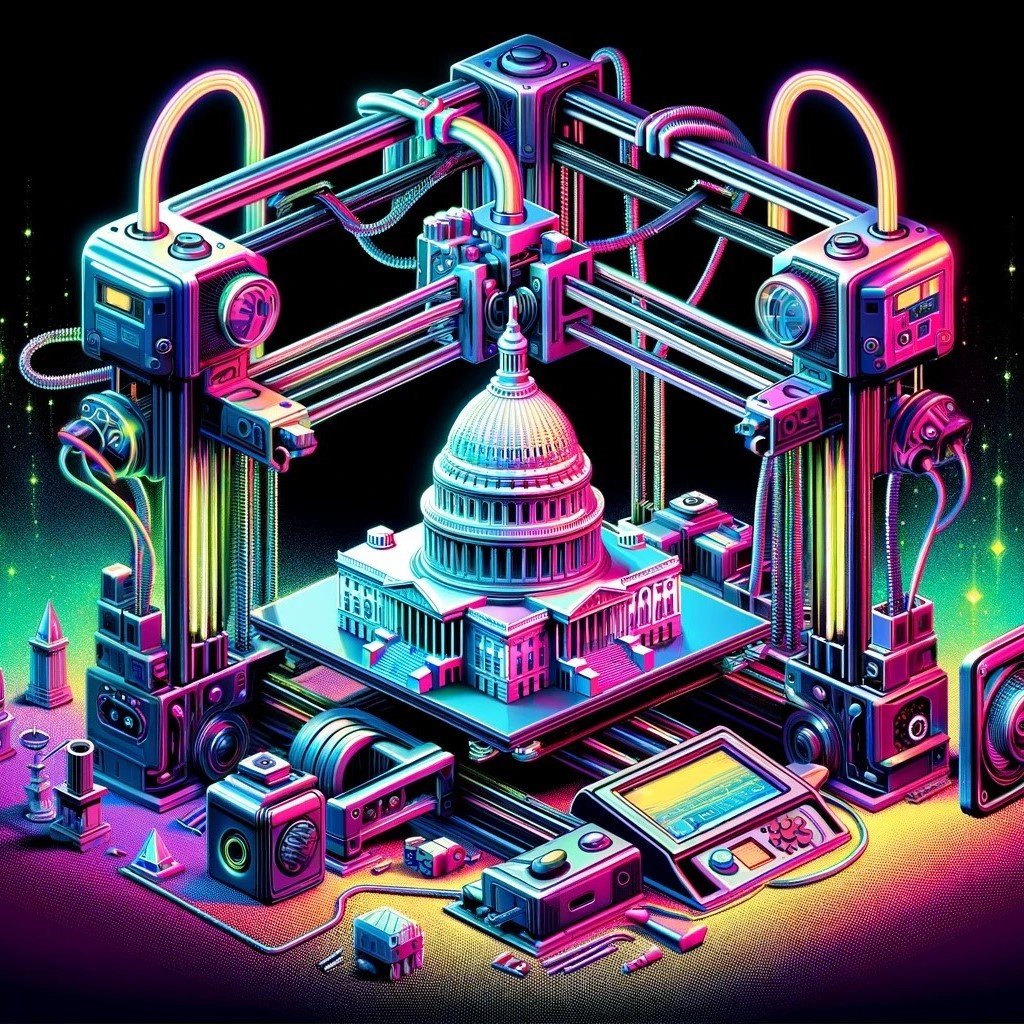A dedicated Legislative branch working group is focused on improving transparency and accessibility of legislative data.
Why This Matters
The Congressional Data Task Force (CDTF), initially called the Bulk Data Task Force, was created to respond to public requests to access the legislative data behind THOMAS, the forerunner to Congress.gov. Since its inception in 2012, the Task Force has been pivotal in advocating for and implementing initiatives to make Congressional data more available and usable by the public, researchers, and other stakeholders. CDTF serves as a collaborative platform that includes members from various legislative support agencies such as the Government Publishing Office, the Library of Congress, the Clerk of the House, the Secretary of the Senate, and the Congressional Budget Office, among others.
CDTF’s ongoing efforts have led to significant advancements in how legislative data is disseminated. For instance, the establishment of the Task Force was closely followed by the launch of projects like Congress.gov, which has become a primary online source for federal legislative information, replacing the older THOMAS system and providing enhanced searchability and access to legislative documents. CDTF continues to host quarterly meetings with stakeholders and the public to examine ways that enhance the understanding and engagement of the general public with the legislative process. By promoting the standardization of data formats and encouraging the development of new tools and services, the Task Force plays a crucial role in supporting legislative transparency and public engagement with Congress.
How It Happened
Initially, the Task Force concentrated on addressing whether Congress ought to make the data underpinning THOMAS and LIS (the Legislative Information Service) accessible to the public in a structured format. During the 116th Congress, ModCom published recommendation #96 to expand the scope of the Task Force beyond merely publishing bills and the associated data to include evaluating other legislative documents and data related to Congressional operations.
The Impact
By empowering the Congressional Data Task Force with the authority to explore solutions and make recommendations to boost legislative data transparency and accessibility, Congress has taken action to increase information accessibility, thus empowering constituents with more tools to both stay informed and keep their government accountable.
Next Steps
The continued work of the Congressional Data Task Force is coming at a vital time for the US Congress as data hygiene, transparency, and accessibility become ever more important for institutional strength. The Task Force should continue to be supported and any recommendations made should be taken up for consideration by the appropriate authorizers.
Glossary
ADA = Americans with Disabilities Act
AOC = Architect of the Capitol
CHA = Committee on House Administration
CAO = House Chief Administrative Officer
CDTF = Congressional Data Task Force
COLA = Cost-of-Living Adjustment
CPF = Community Project Funding
CR = Continuing Resolution
GAO = Government Accountability Office
GAO STAA = The Government Accountability Office’s Science, Technology Assessment, and Analytics team
GenAI = Generative Artificial Intelligence
HIRO = House Intern Resource Office
HDS = House Digital Service
LIS = Legislative Information Service
LLM = Large Language Model
MIA = Modernization Initiatives Account
ModCom = The House Select Committee on the Modernization of Congress
ModSub = Subcommittee on Modernization (ModSub) within the Committee on House Administration
MOU = Memorandum of Understanding
NMO = New Member Orientation
OCWR = Office of Congressional Workplace Rights

